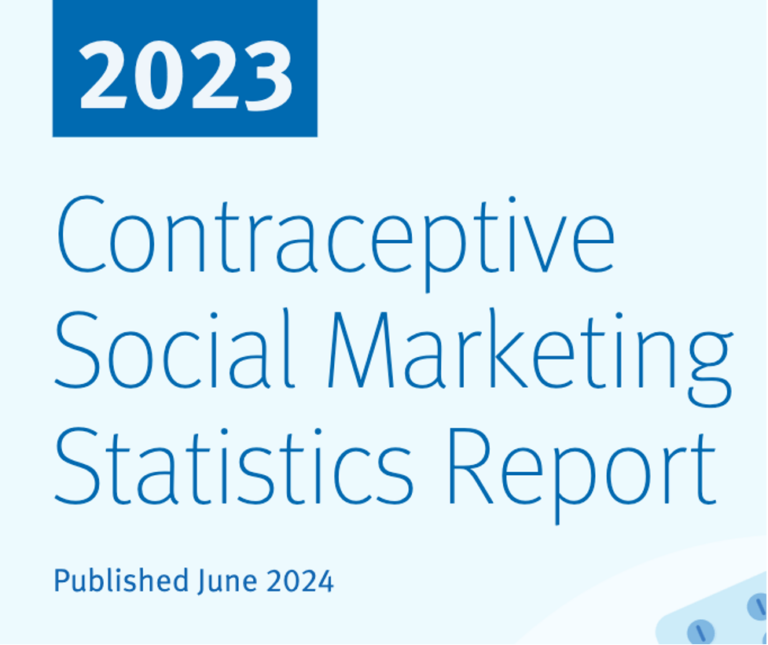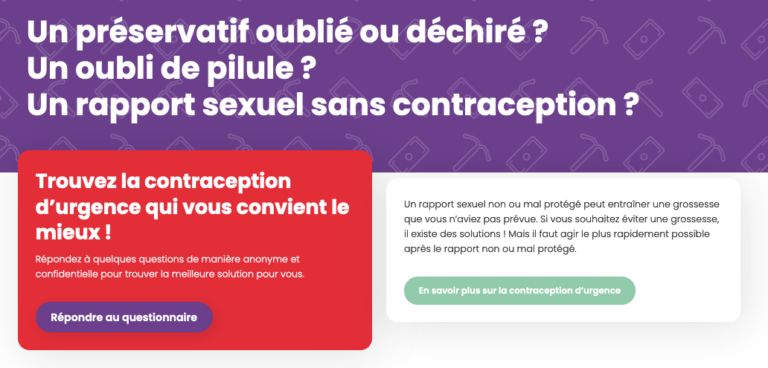Study: Intention to use ECPs and the role of knowledge in a Dutch national sample
A study by Charles Picavet, Ineke van der Vlugt, and Ciel Wijsen entitled “Intention to use emergency contraceptive pills and the role of knowledge in a Dutch national sample” was recently published in the The European Journal of Contraception and Reproductive Health Care. The study examined whether increased knowledge of ECPs among Dutch women increased their intention to use them. See abstract below.
Objectives Emergency contraceptive pills (ECPs) are underused for preventing unintended pregnancy. Not all women are willing to use them even when at risk of conceiving. This paper examines whether increased knowledge about ECPs may increase the intention to use these products.
Methods Factors associated with intention to use emergency contraception (EC) were
assessed among 1310 women who participated in the nationally representative Sexual Health in the Netherlands 2009 Survey. Logistic regression models included demographics, prior use of ECPs, and ECP knowledge.
Results Seventeen percent of the women did not intend to use EC after unprotected
sexual intercourse and a further 27% were unsure whether they would use it. Intention
is most strongly related to prior use and not having children. Only two of six knowledge
items were related to intention in the multivariate analyses. Being aware that ECPs can be obtained without prescription upgrades intention, whereas knowing that a woman can still get pregnant after having taken the ECP has a negative impact on intention.
Conclusions Improving knowledge may contribute to intention to use EC, but its
role will be modest. To understand the reasons behind ECP use it is essential to study the contribution of other factors, like attitudes and social norms.


